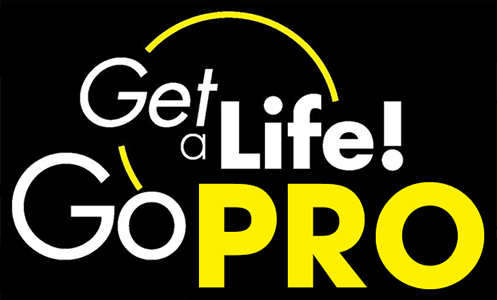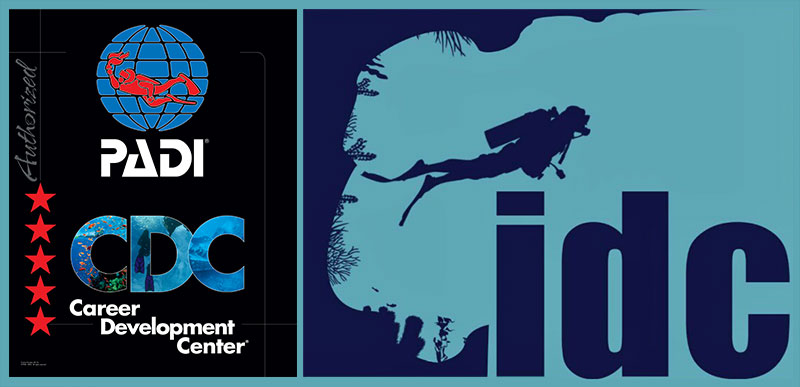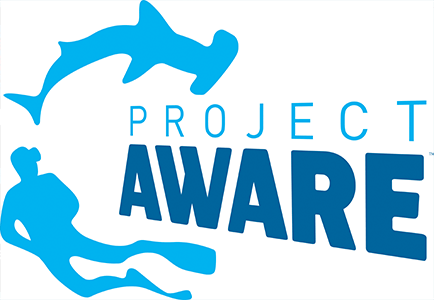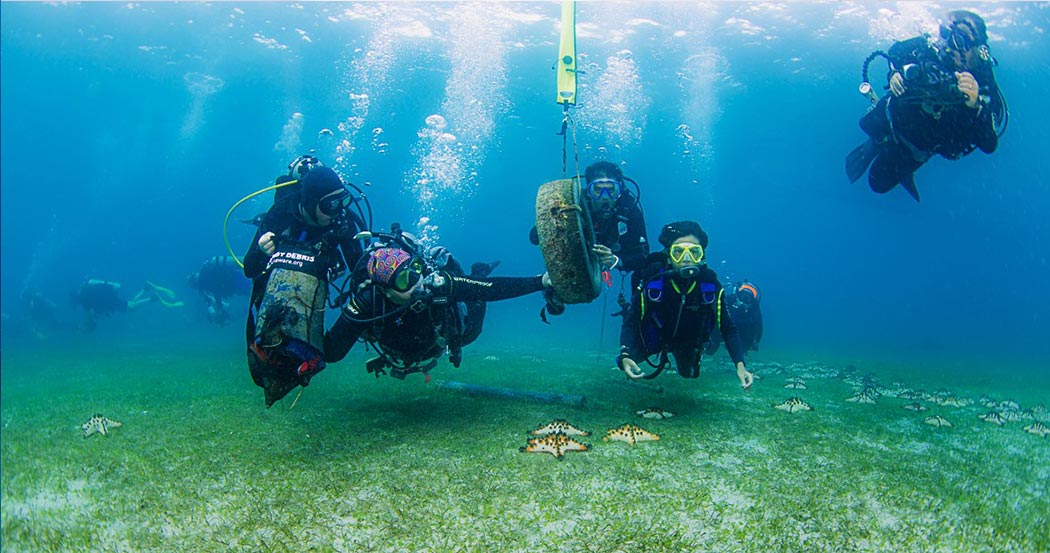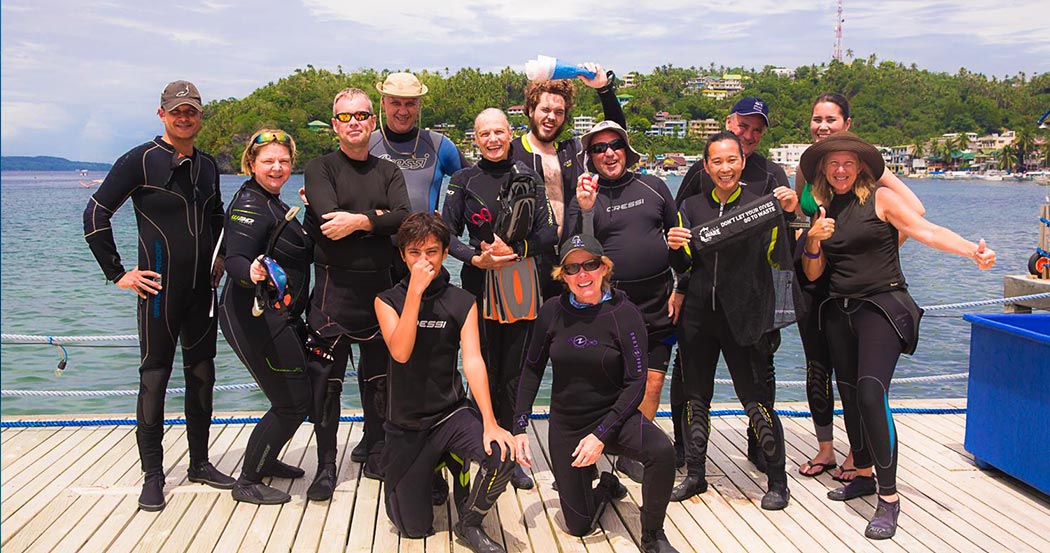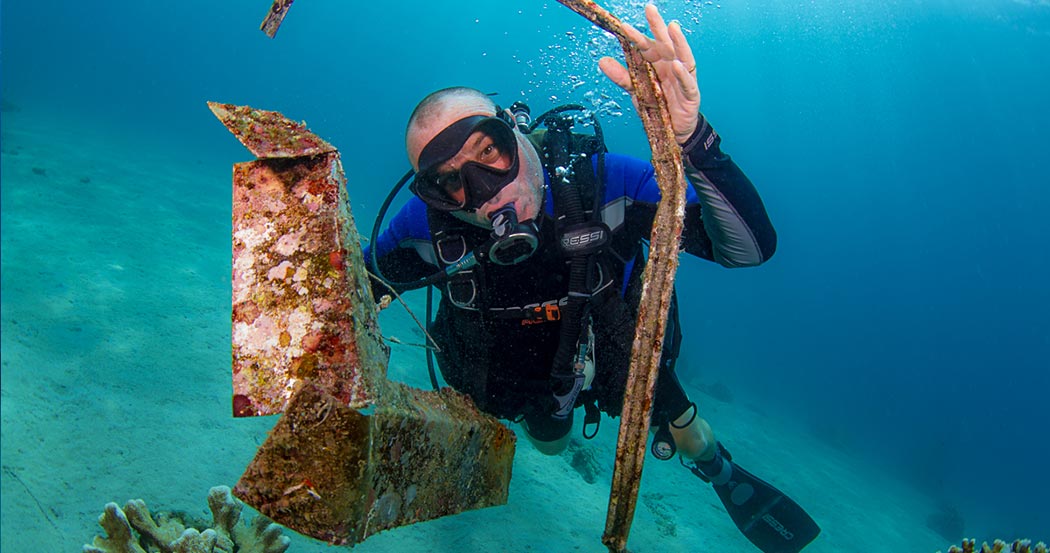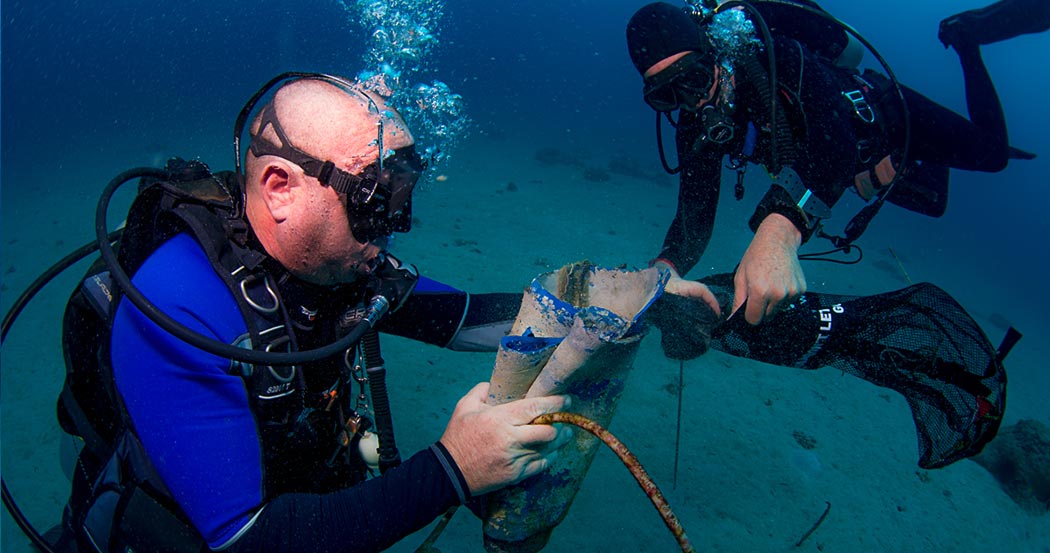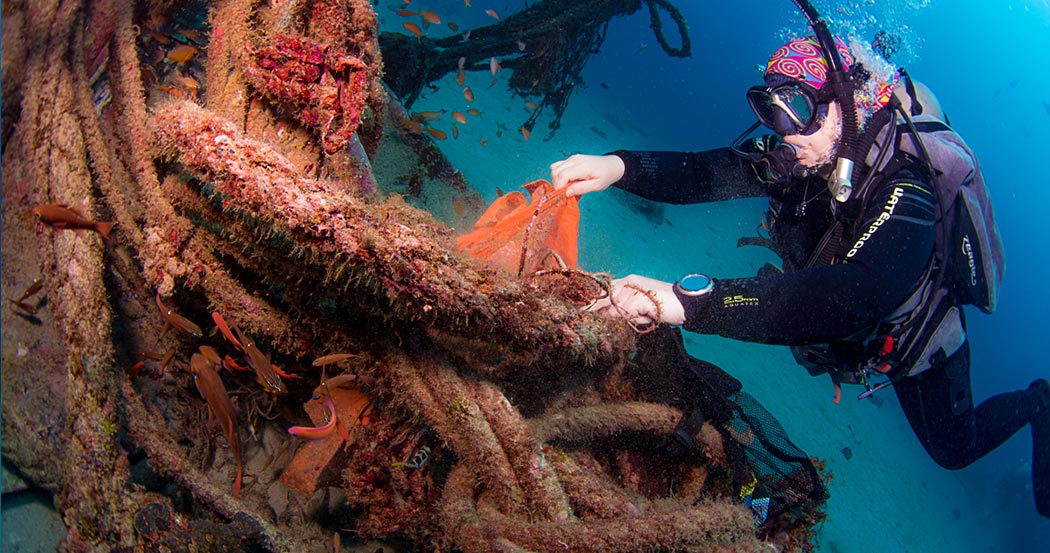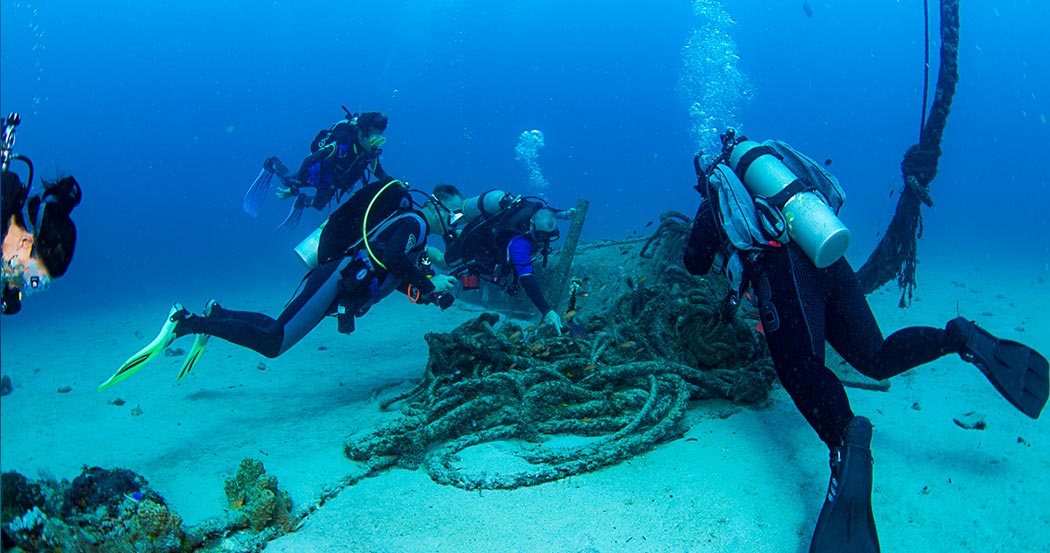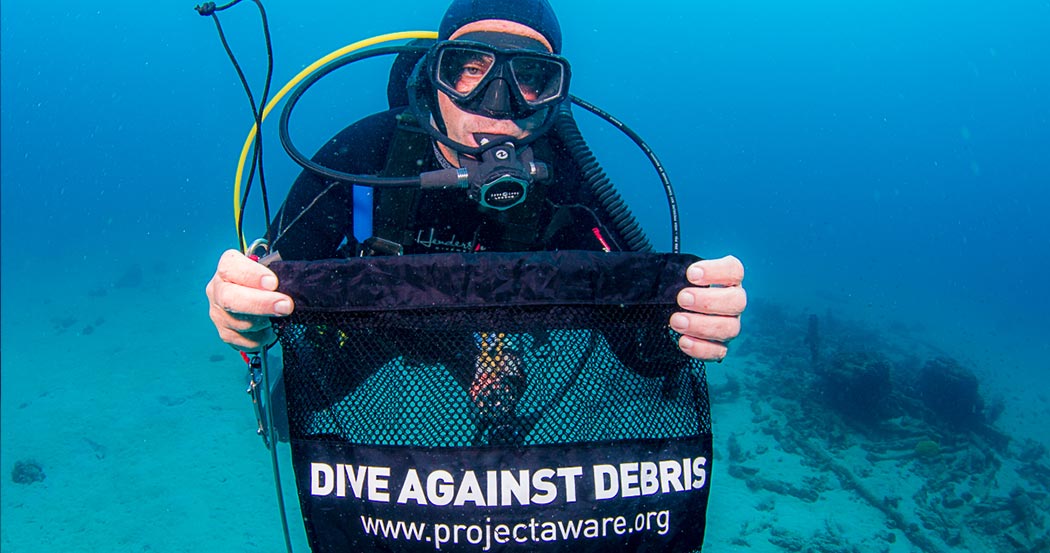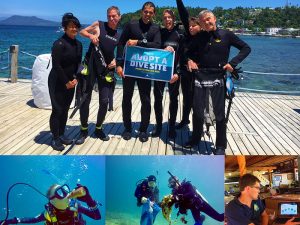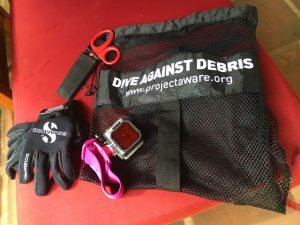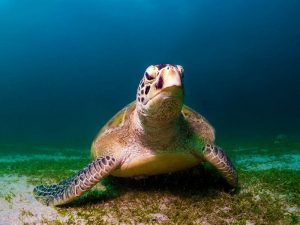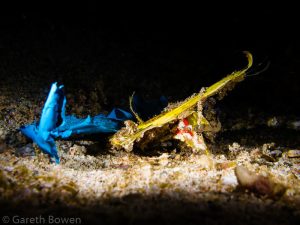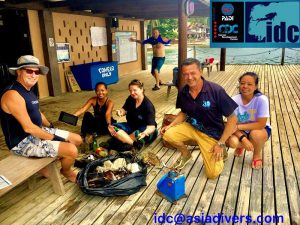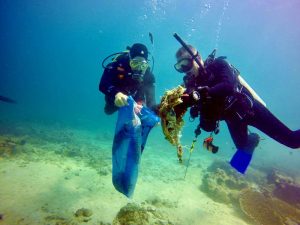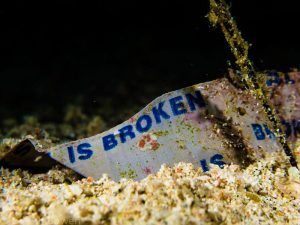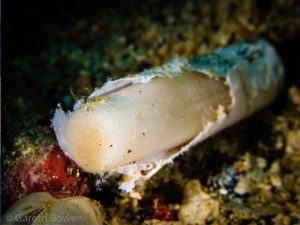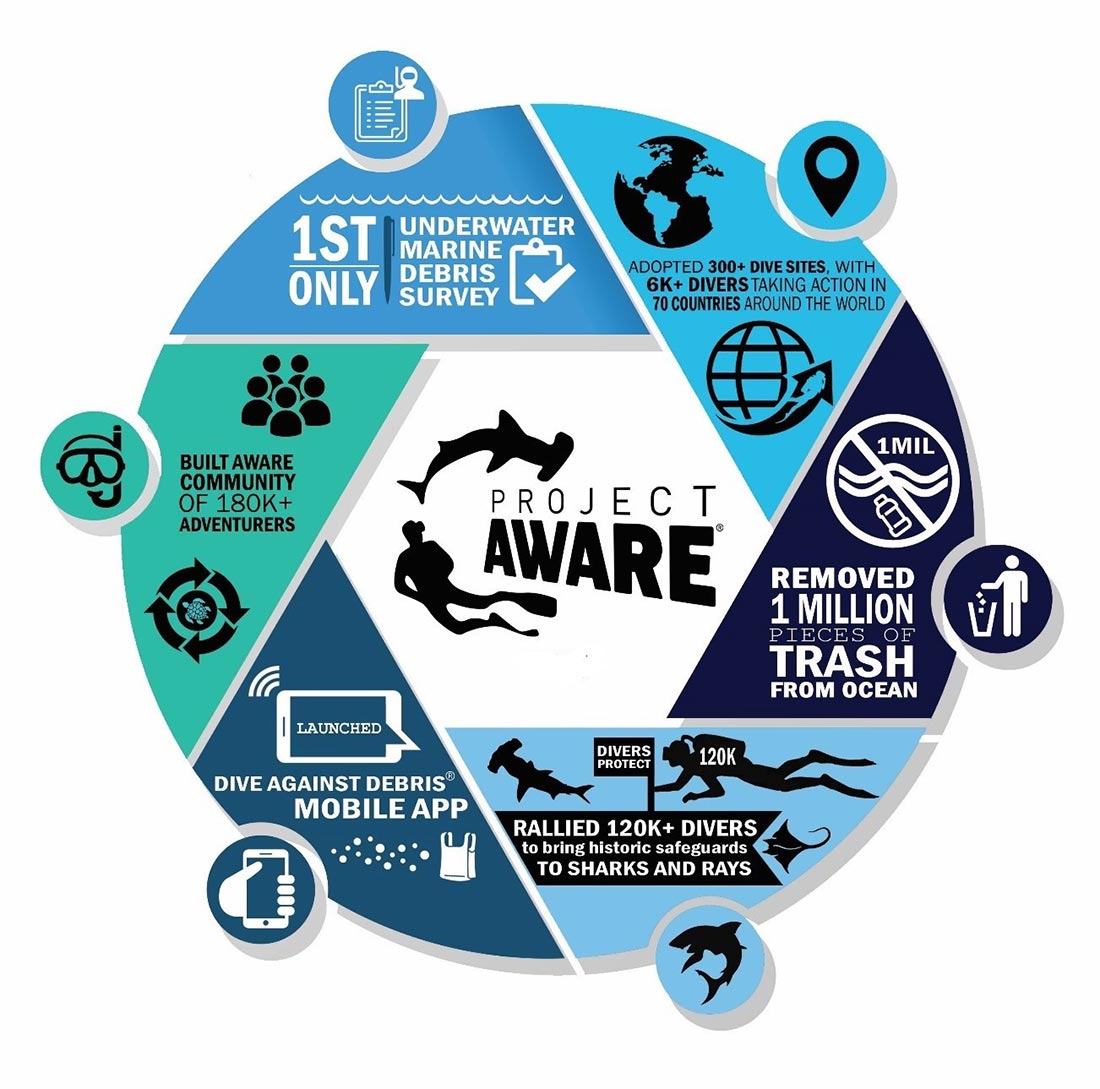The importance of Marine Conservation
People need air to breathe, water to drink, food to eat, new medicines, a climate we can live in, beauty, inspiration and recreation. We need to know that we belong to something bigger than ourselves. We want a better future for those we care about. To survive and prosper, we need healthy oceans.
The ocean is the largest ecosystem on Earth, it is the planet’s life support system. Oceans generate half of the oxygen we breathe and, at any given moment, they contain more than 97% of the world’s water. Oceans provide at least a sixth of the animal protein people eat. Living oceans absorb carbon dioxide from the atmosphere and reduce climate change impacts. The diversity and productivity of the world’s oceans is a vital interest for humankind. Our security, our economy, our very survival all require healthy oceans.
However, our oceans are under serious threat. Mostly through human impact such as overfishing and severe pollution through effluent and garbage disposal.
What we are doing
Asia Divers and El Galleon Resort have been at the forefront of environmental awareness and ocean-friendly practices for many years. Here are a few simple things we do every day:
-
Neutral Buoyancy Training
We teach all courses in neutral buoyancy from the very beginning. This not only boosts our divers’ confidence underwater but also promotes the awareness of staying off the bottom, protecting coral reefs, and ensuring personal safety.
-
Dive Against Debris
Asia Divers has adopted a dive site and conducts Project AWARE “Dive Against Debris” events every month. We report our data in great detail to aid in policy development. All our instructor candidates learn how to organize such events through eIDC. Additionally, we pick up any plastic we find on our daily dives.
-
No more Plastic Straws
El Galleon has switched from plastic straws to paper straws (available on request, as most drinks can be enjoyed directly from a glass). We’ve also encouraged other resorts to make this change.
-
Refillable water bottles
Refillable water bottles are available for our guests, allowing them to refill anytime at our water stations.
-
Re-use of consumables
Our restaurant reuses old cooking oil for romantic evening table lighting.
-
Zero Liquid Discharge
El Galleon Resort has an innovative water and wastewater treatment system that ensures no liquid discharge into the environment, preventing effluent pollution. No detergents, sewage, or other commercial effluent ends up in the sea.
-
Solar Energy Use
We have several solar panels supplying all our pier, dive deck lighting and all amenities in The Point Bar. Several of of our rooms also run on solar power, and we plan to expand this to the entire resort
-
Energy Saving Appliances
We are converting high-energy-use appliances, such as air conditioning units, to inverter models in our classrooms and resort rooms.
-
Eco-Friendly Boat Repairs
When repairing or repainting our boats, we are extra cautious about the chemicals used and use sliders to prevent any materials from ending up in the ocean.
-
Educational programs
We engage schools in Project AWARE activities, teaching students how their actions impact the environment. Public littering is a problem in the area, and we aim to raise awareness and foster change.
Once you visit us, you’ll discover even more ways we contribute to environmental sustainability every day—and how you can too!
Neutral Buoyancy
Be a Buoyancy Expert: Underwater plants and animals are more fragile than they appear.
The swipe of a fin, bump of your camera or even a touch can destroy decades of coral growth, damage a plant or harm an animal.
Streamline your scuba and photo gear, keep your dive skills sharp, perfect your underwater photo techniques and continue your dive training to fine-tune your skills. Always be aware of your body, dive gear and photo equipment to avoid contact with the natural environment.
As a dive professional, divers will look at your role model skills and behavior. So show off your excellence in buoyancy. Teach all courses in neutral buoyancy – this is the only truly “realistic” way to train new and experienced divers. You don’t want to create certified “bottom – crawlers”, right? 😉
During your IDC, you will learn to teach in neutral buoyancy and we will discuss the intent and realistic application of each skill to support the development of your teaching techniques.
Get Involved
What you can do today
Join us on any of our activities – just drop a line to idc@asiadivers.com to find out our next event.
Start your professional journey with us – as a PADI Divemaster or PADI Instructor and learn how to make a lasting impact to preserve the oceans.
Become a Project AWARE – Dive Against Debris Instructor and help organize “trashure” hunts wherever you teach. Spread awareness about ocean conservation and give divers a great opportunity to act and contribute directly. All our IDC instructor candidates are automatically trained in this instructor specialty.
Tell us how you want to get involvedRefuse: “Say No to Single Use Plastics”
More than 250 million tons of plastic are estimated to end up in our ocean by 2025. All this plastic is going to seriously harm and kill wildlife like whales and sea turtles. Plus, it puts human health at risk.
Join thousands of your fellow divers and say “no” to single-use plastic carry bags, water bottles and straws.
Join the movement for a clean ocean. Take the pledge and we’ll show you tips that make saying “no” to plastics easy.
Download the AWARE 10 Tips For Divers PDF
Just like climbers and campers have an ethic or code to live by – so do scuba divers. Project AWARE’s 10 Tips for Divers to Protect the Ocean Planet helps divers of all skill levels make a difference when they dive, travel, and more.
You can download and share the 10 Tips for Divers to Protect the Ocean Planet PDF and do your part to take this ocean ethic to heart.
Grab your 10 Tips tools and start spreading the word today! Encourage your friends, family and divers to take the 10 Tips pledge.
Download 10 tips for divers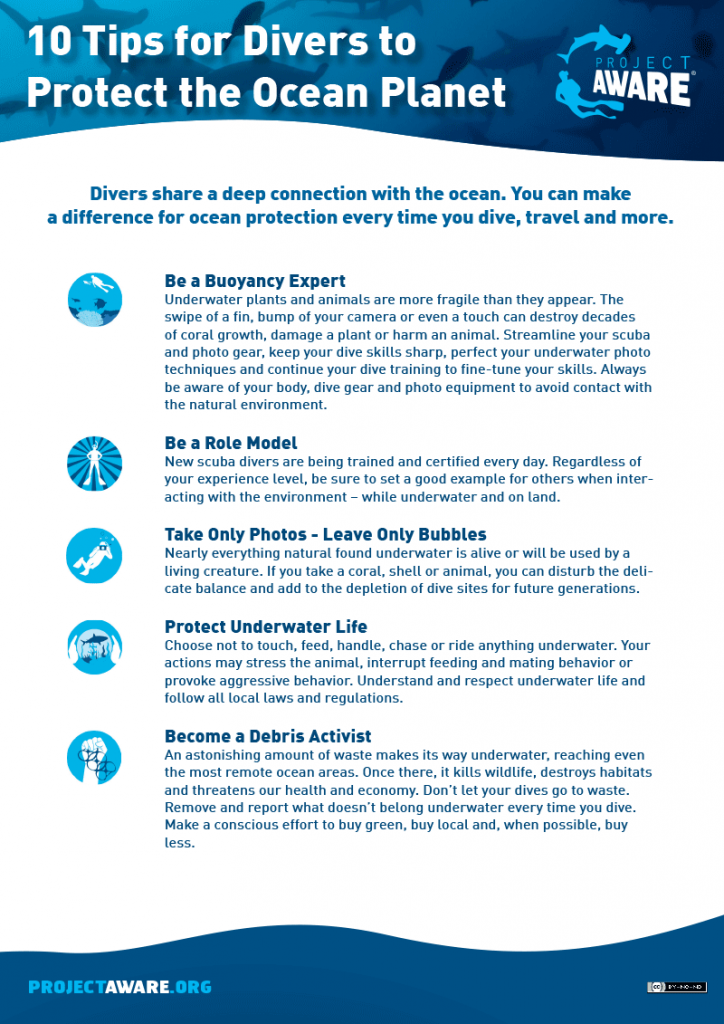
“Be the change you wish to see in the world.”
Get Started
Contact us via idc@asiadivers.com for any PADI professional courses
Or speak to your PADI Course Director using LiveChat at the bottom of your screen.
